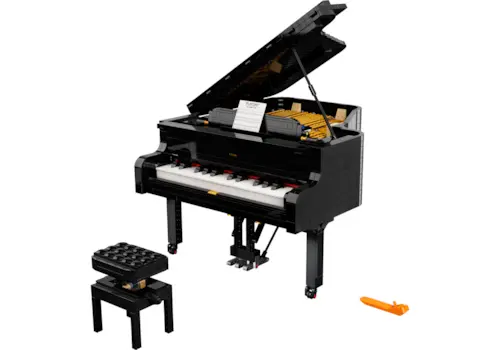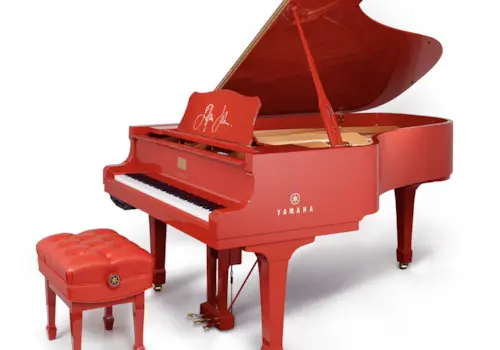27 May 2025
|
PianoSphere Shares What Buyers Really Look For!
Letting go of a piano is never just a transaction, it’s often a decision wrapped in memories, music, and meaning. Whether you’re a private seller parting with a family heirloom, or a piano owner upgrading to a newer model, selling your piano involves more than just naming a price.
To make the process smooth, and to attract genuine buyers, it helps to understand what buyers are actually looking for. At PianoSphere, the UK’s dedicated directory for piano enthusiasts, we see hundreds of listings from across the country. The most successful ones have one thing in common: they answer the questions buyers are already asking.
Here’s what those questions are and how you can get your listing ready.
1. What kind of piano is it?
It might sound obvious, but one of the most common mistakes sellers make is being too vague. A listing titled “Piano for Sale” won’t capture attention, especially when buyers are searching specifically for a grand piano or upright piano.
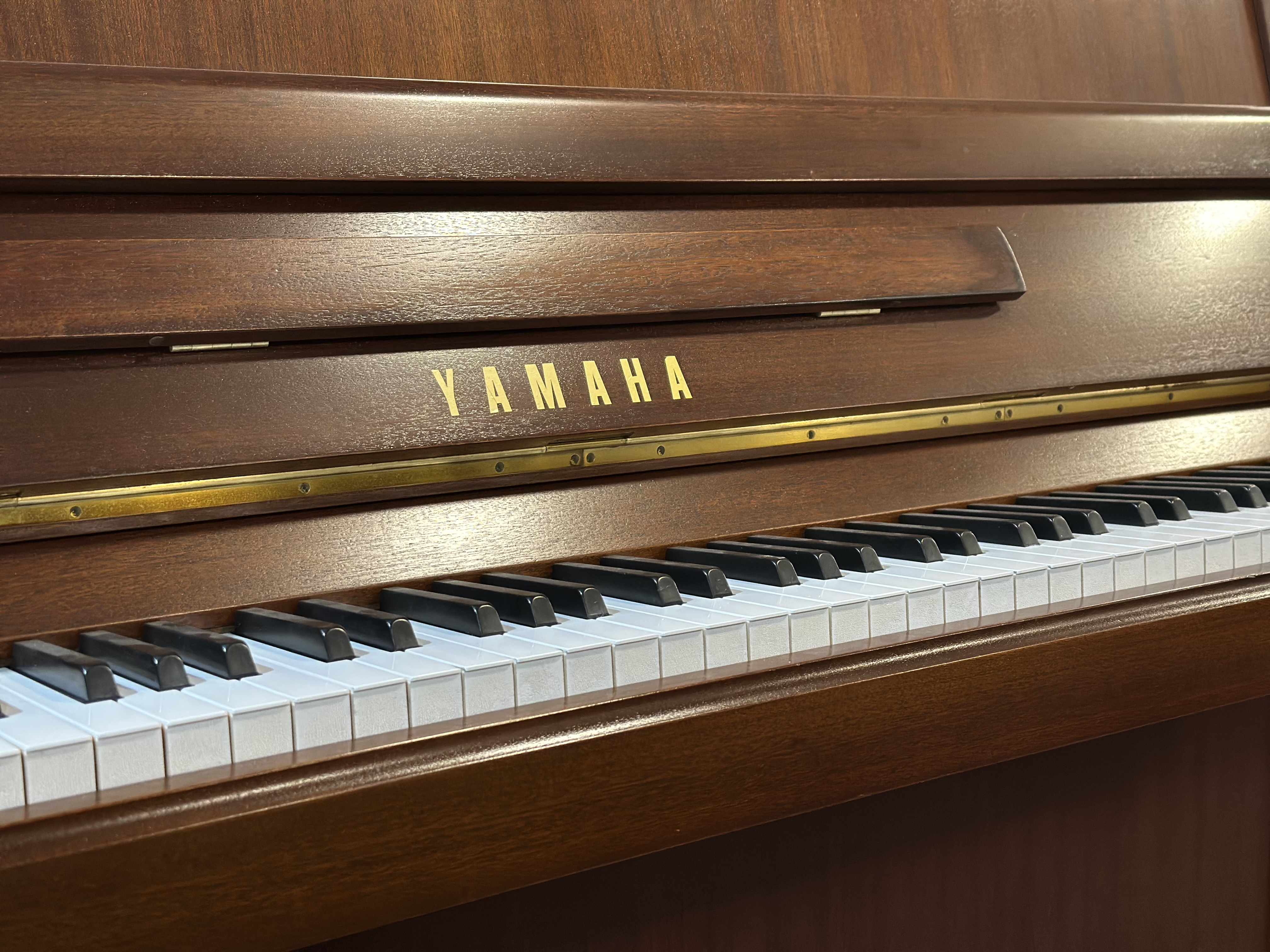
Be clear about the type, brand, and model. For example:
• Yamaha U1 Upright, Satin Ebony, c.1998
• Knight K10, British-made Upright, Mahogany Finish
• Kawai RX-2 Grand, Polished Black, Excellent Condition
This kind of detail not only helps your listing show up in searches but also signals to buyers that you know your instrument and have taken care of it.
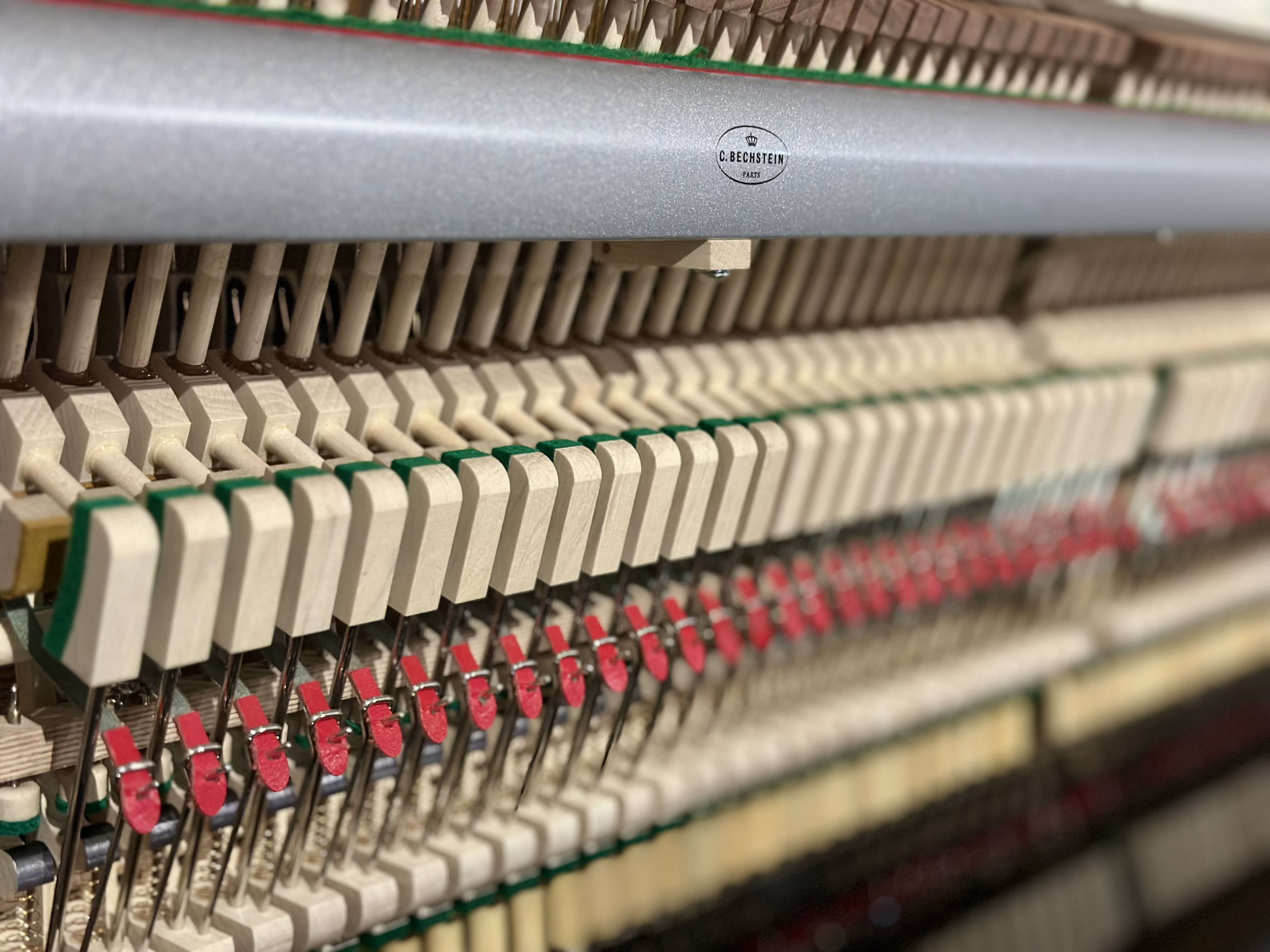
2. What is the condition, honestly?
Trust is everything. Buyers are generally open to second-hand pianos, as long as they know what they’re getting. In fact, there’s a growing appreciation for quality second-hand pianos many of which offer better value and craftsmanship than entry-level new models.
Be upfront about:
• Cosmetic condition (any scratches, chips, or fading)
• Mechanical condition (how well the action and pedals function)
• Tuning stability (when it was last tuned and by whom)
• Any past repairs or reconditioning
If the piano needs some work, that’s okay, just be transparent. A well-priced piano that needs tuning or light servicing can still appeal to many buyers, especially those working with technicians.
3. Has it been regularly maintained?
Buyers love to hear that a piano has been looked after. If you’ve had it regularly tuned (ideally once or twice a year), mention this in your listing. Bonus points if it was tuned by a professional or registered technician.
If the piano has had a full service, regulation, or voicing in the past few years, say so. These are signs that the instrument is in healthy condition and has been valued as a musical tool, not just furniture.
You can also point buyers (or yourself) to trusted professionals via PianoSphere’s growing network of piano service providers, including tuners, restorers, and movers.
4. What are the dimensions? Will it fit their space?
Don’t forget the practicalities! Measurements are often overlooked in listings, but they’re one of the most common buyer queries.
Include the piano’s height (for uprights), length (for grands), depth, and width. You might also want to mention whether it’s easy to access from your property, e.g., “located on the ground floor with no steps.”
Buyers will also appreciate knowing whether you can recommend a trusted mover, or whether delivery is included.
5. What does it sound like? Can they hear or play it?
If you’re happy to have buyers come and try the piano, say so! A simple line like “Viewing and playing welcome by appointment” can be very reassuring. For buyers further afield, consider recording a short video of someone playing the piano.
Even a quick smartphone recording of a few scales and chords can give a sense of tone, clarity, and evenness, and set your listing apart.
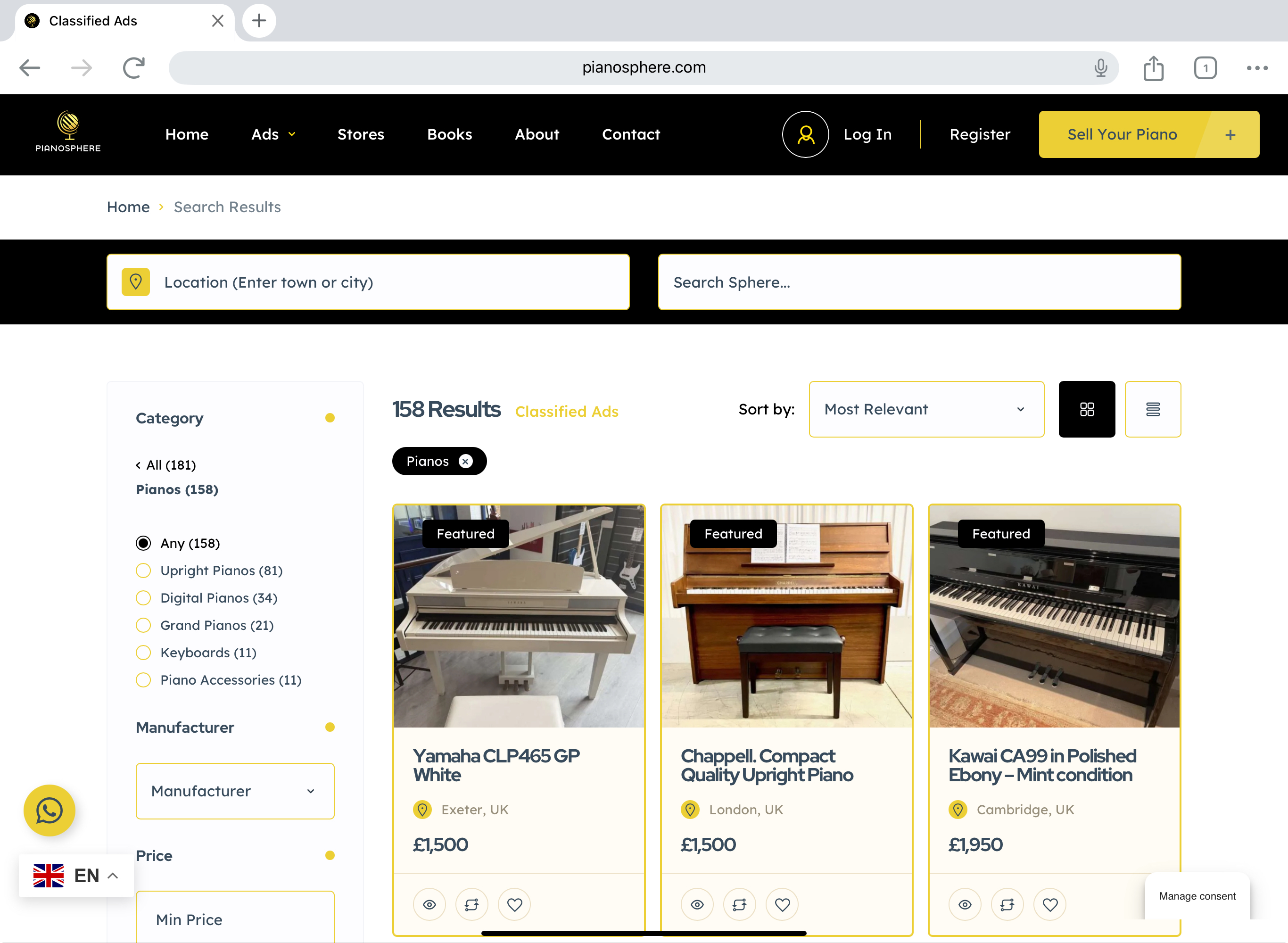
6. Is the price fair and based on current market value?
Do a little research before setting your price. Browse similar listings on PianoSphere's main site to see what pianos of the same make, model, and age are selling for.
Consider these factors:
• Brand reputation
• Overall condition
• Recent servicing
• Age and usage
• Market demand
You don’t always need to undercut other sellers, buyers are often happy to pay more for a well-presented, well-maintained instrument.
7. Can the buyer trust you?
For many buyers, especially those purchasing a piano privately for the first time, there’s an element of uncertainty. That’s where platforms like PianoSphere come in. By advertising your piano on a site dedicated solely to the piano community, you’re reassuring buyers that you’re part of a trusted network.
PianoSphere listings also let you specify whether you’re a private seller or business, and allow space to include all the key details buyers want to see, alongside clear photos and even videos.
Final Thought
Selling a piano isn’t just about posting a photo and waiting for offers. It’s about understanding what makes buyers feel confident, informed, and excited. By taking the time to answer the questions above in your listing, you’ll not only speed up the sale, you’ll connect with someone who truly values the instrument you’ve loved.
To see examples of strong listings, or to create your own, visit pianosphere.com and explore our categories of grand, upright, and second-hand pianos.
Who knows? Your piano’s next chapter might be just a click away.




